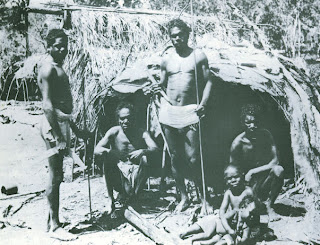In contemporary society we learn to spend, on average, over 95% of our time and 99.9% of our thinking disconnected from nature (Michael J.Cohen).¹ The connection we share with nature is far greater than what we imagine. We do not realise to what extent we are dependent on nature. We are interconnected and deeply implicated in the natural system with other living things on this planet. Therefore, It is important that we do not take for granted these priceless natural resources that are so crucial. We cannot deny the fact that there is indeed a growing disconnect from nature. One of the main cause of that is the growing development of new technology, industrialisation and over urbanisation in order to make our lives more comfortable and convenient. Most of the material things we are dependent on come from a natural resource, but yet we do not pay attention to where they come from and try to preserve those very natural resources we are dependent on.
“Those of us who are not scientifically filling the void in our life with our attractions to nature have been brainwashed into producing the problems we suffer personally, locally, and globally" (Michael J.Cohen). ¹ Connecting with nature is not only beneficial to us but also help us understand our purpose and connect our inner nature to the core of nature itself. In a survey by NSTP in 1997, it shows that people that connect with nature are less depressed, lonely, and have less personality and eating disorders.¹ According to me, this lack of connection with nature is undoubtedly linked to most of the diseases out there today. Therefore it is crucial that we interact more positively with nature and understand its importance in our lives.

This photograph is of Australian aborigines showing us how to grasp the essence of nature and place. 2.
References
1. Institute of global education (http://www.ecopsych.com/homepage.html)
2. thoughts on australian aborigines: http://blog.lib.umn.edu/yuanx072/architecture/
No comments:
Post a Comment